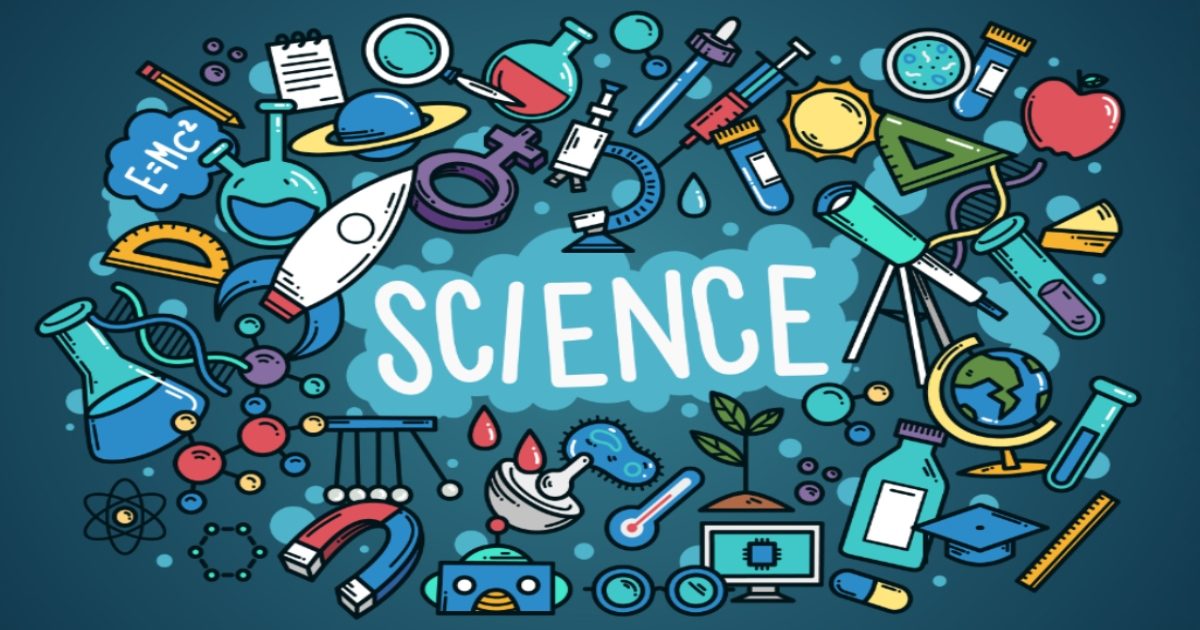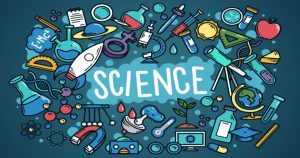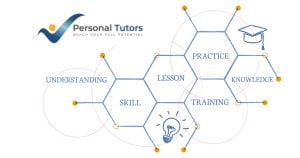Unveiling the Wonders of World Science Day
Every year on November 10th, scientists, researchers, educators, and science enthusiasts around the world come together to celebrate World Science Day for Peace and Development. This day serves as a reminder of the critical role that science plays in improving our lives, promoting peace, and driving sustainable development. Join us as we explore the significance of World Science Day and the pivotal role science plays in shaping our world.
The Origins of World Science Day
World Science Day for Peace and Development was established by the United Nations Educational, Scientific and Cultural Organisation (UNESCO) in 2001. It was created to underline the importance of science in society and to promote the use of science for peace and development.
Why Celebrate World Science Day?
- Promoting Peace and International Cooperation
Science has been a powerful force for international collaboration and peace. It transcends borders and brings together scientists from various nations to work on shared goals, whether it’s addressing climate change, finding cures for diseases, or advancing space exploration. World Science Day emphasises the role of science in promoting peaceful relations among nations.
- Advancing Sustainable Development
Science is at the heart of sustainable development. It provides the knowledge and innovations necessary to address global challenges, such as poverty, climate change, and inequality. World Science Day serves as a call to action for harnessing the potential of science to create a more sustainable and equitable world.
- Encouraging Scientific Literacy
World Science Day is an opportunity to highlight the importance of scientific literacy among the general public. It encourages people of all ages to engage with science, ask questions, and better understand the world around them. Scientific literacy is crucial for making informed decisions and participating in a knowledge-based society.
Ways to Celebrate World Science Day
- Host Educational Workshops
Organise workshops, lectures, or webinars that engage the community in discussions about various scientific topics. Encourage dialogue between scientists and the public to bridge the gap between research and everyday life.
- Science Experiments and Demonstrations
Create interactive science demonstrations or experiments that showcase the fun and engaging aspects of scientific inquiry. These activities can be designed for schools, local events, or science centres.
- Promote STEM Education
Support and promote STEM (Science, Technology, Engineering, and Mathematics) education in your community. Encourage young minds to pursue careers in science and provide resources for learning.
- Raise Awareness on Social Media
Use social media platforms to share interesting scientific facts, articles, and stories that highlight the positive impact of science on society. Engage with your audience and encourage them to share their own experiences and thoughts about science.





















































